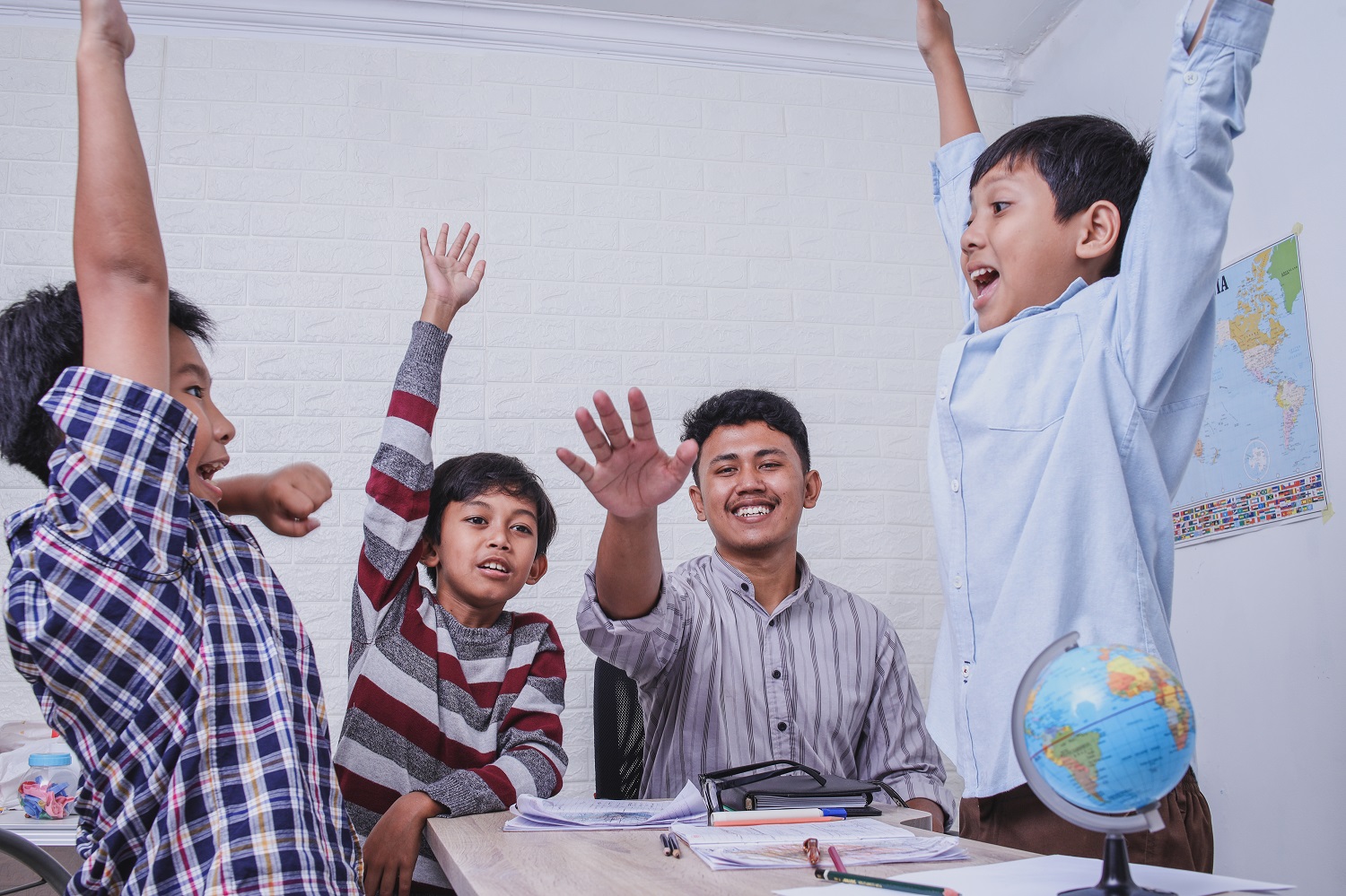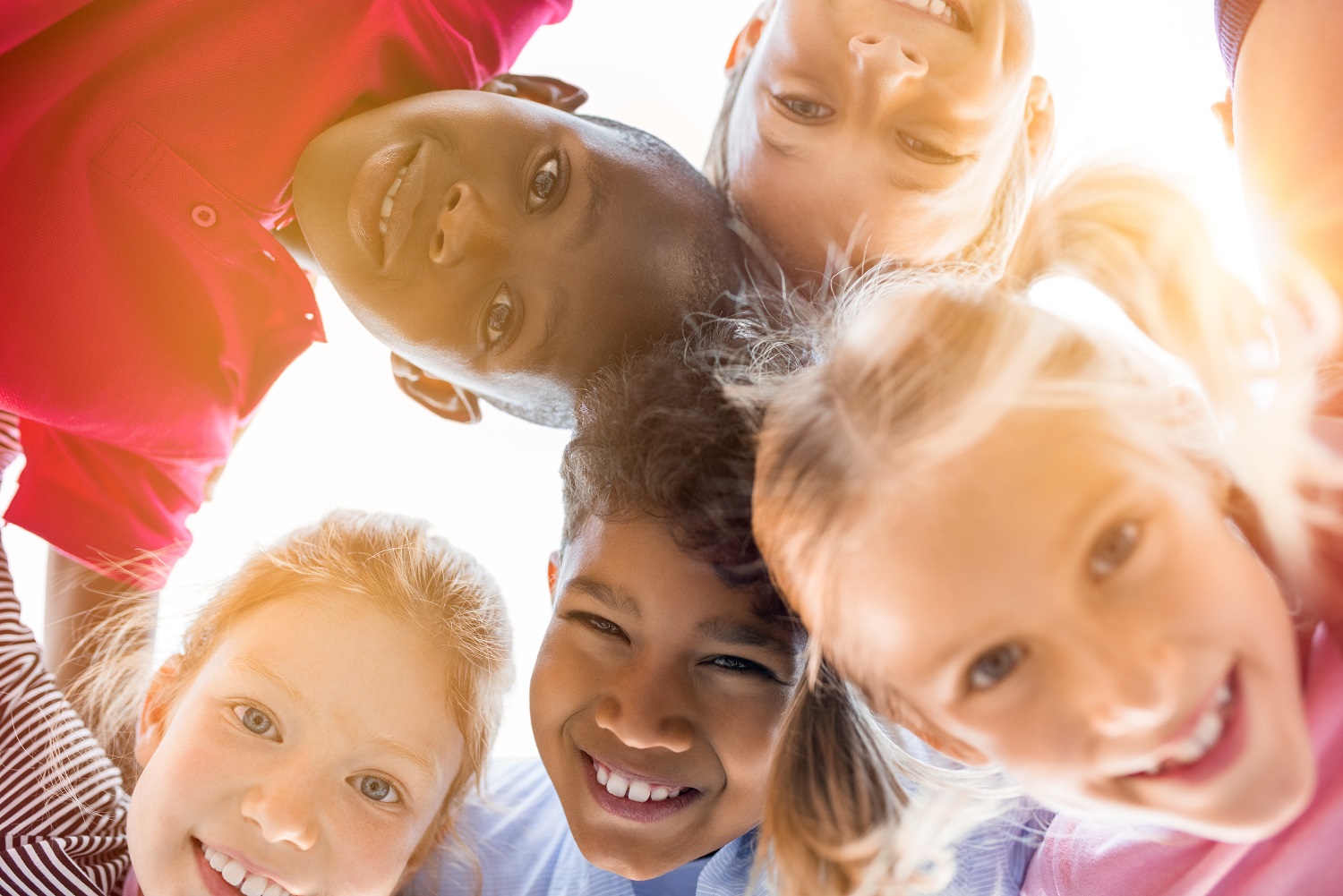Creating Student-led Learning Environments by Teaching Youth the Mindset of an Entrepreneur (Continued)
Aug 02, 2023
In this inspiring podcast at the 2023 BOOST Conference, Dr. Sonia Toledo shared her insights emphasizing the urgent need to create student-led learning environments for our youth to thrive. She addresses the anxieties surrounding learning, the importance of understanding individual learning styles, and the role of self-awareness and emotional intelligence in empowering both educators and students.
... Continued
Process:
This brings us to my number two pillar; “process”. The process of teaching is critical. We need to pay a lot of attention to how we teach and create a space that allows our kids to discover who they are. In the traditional setting, 80% of the time the teacher is taking up the space and the student brings back 20%. I want children to have 80% of their learning process and teachers’ input to be 20%. The teacher is responsible for the resources and for creating the pathway. In other words, there's still guidelines and process but they bring in the resources. They listen to what kids are asking and fulfill it and then step back. So we're not necessarily telling children what to think, what to say, what to do, instead we're having them discover it. However, in an elementary school, we have little kids so we are setting up the stage of what they're discovering. Let them hands on, discover through the process. We are responsible for designing a space that allows children to navigate themselves through the space, this is called self management.
For example, a kid decide this much time I am going to take to do homework, and leave the rest for home because I could read or write on my own without needing help, that's self management. I'm going to share and help someone else because they're struggling. Those are the skills that we teach now, but we have to set up the platform for those skills to actually be practiced.
When a group of children sit together and we see them not behaving a certain way, we make them sit apart and we expect that we resolved the issue. We're not doing anything except that we're removing them from their social management. I say, let them sit together and tell them that their job as a team is to complete the task and everyone single one of them is responsible for the whole group so no one gets left behind. Let them debate, let them fight, let them discuss, let them do whatever it takes. Some teams are going to get to the finish line faster than others but we have to allow them to go through the natural process of discovering themselves within a group and discovering the people around them, that contributes to them. Let's teach them in a team so they know who they are within the group.
Every one of us has expertise in an area and challenges in another area. The only way we know that is by going through process with others to see how we blossom in that process. When I speak about process, the first thing we want to do is get away from the traditional classroom setting and begin having our children discover what they're interested in.

Purpose:
The third pillar is “purpose”. The school age years are designed for to discover our talents, skills, relationships. Those are all benchmarks from kindergarten to 8th grade that we are going through in life. But then there's also this one thing that we want our children to have, but we don't prepare them to have, which is purpose. We want them to go to college, but we have forgotten why do we want them to go to college? They're self-actualizing themselves to contribute into the world. We should rather start exposing our children to what matters to them as young as possible so they could start paving the way of contributing in an area that matters to them. Children deserve to be safe physically and emotionally everywhere, what matters is that they should be aware that they are putting themselves through this process because they know exactly the difference they want to make in the world.
If you ask our kids about how they're experiencing the world today, at least 80% of them will start talking to you about mental health. If it's not them struggling, they're struggling with somebody at home that's dealing with mental health, and they don't have a clue on where to begin. In such an instance, we could start discovering with them so they could start seeing themselves in the solution; that's purpose. Allowing our children to be aware that life is a trial and error, and it gives them the opportunity to be more assertive about how they're going to go about life vs. being unaware of whether they are smart enough with purpose to be able to do that. We need to think about the adversity that our children are facing and discuss it instead of avoiding it because not talking about it will not make it disappear.

Embracing a New Era of Education
At Dignity of Children®, we are going on our fourth year of doing entrepreneurship curriculum throughout New York City. In our 2023 program, we had over 50 young people participate from the age of 14 to 24 in the social entrepreneurship program. We also offered other curricula like climate change, health and wellness, financial literacy, urban farming, community organizing, NFTs. In 2022 summer, we asked the young people to choose their top choices depending on what really matters to them. Out of 2000 young people, over 50% chose health and wellness and on top of that, the kids that went through the entrepreneurship program, which was also a large group of children of young people, half of those children chose a topic to build a business around mental health. This indicates that our young people know exactly what they want. They will express if we give them an opportunity.
Therefore, with purpose, we want to really be intentional about exposure. My goal with IDEAS Empowered by Youth®, is to have curricula available to our young people that include life skills, curricula that shows children the pathway, the depth of what it takes to know that skill. Financial literacy program goes into goal settings, desired lifestyle, and money. What is their ideology about money and allows them to process money and plan budgets. We give them this opportunity where they go and discover what does it mean to buy a house? What does it mean to buy a car, what does it mean to buy big ticket items? And they come back and put together a whole report on their findings. During this process we discover that young people are not only flabbergasted at the nonsense that must happen for you to do all this, but it's like they get to choose now.
Giving our young people an opportunity to be driven by purpose doesn’t mean that if a 7th grader chose the health and wellness program then they are going to stay in the medical field. They could totally go to corporate and create environments around health and wellness. There are so many avenues that allow children to do what they really want to do, and we got to get away from limiting their choices to be a doctor, lawyer, because they make more money. We at Dignity of Children® are giving an opportunity to our kids to design their own pathway and career with entrepreneurship. It gives them the opportunity to understand that they could create their own path. This was not available even 5 or 10 years ago in our conversation because we did not want that conversation with our kids. We wanted our kids to go to college instead of giving them an opportunity to decide and opt for the process of their choice.

With the three pillars, permission, process & purpose, we could stay very close to how we are going to design our classrooms for each age group that promotes them. Being brilliant gives our children a process of learning the life skills that they need like self management, social awareness. We need to understand that social and emotional learning happens all the time. Social emotional learning is life so it should be a part of all our classrooms, our STEM classrooms, our literacy classroom, our sports, and every class. The opportunity for us to understand the process that our kids go through is them discovering for themselves what works for them and what doesn't work for them.
During the time from middle school to high school to early adulthood, this is the time where we go through a lot of rebellions and that’s something we don’t want. Imagine if we start talking with our children early on in elementary and middle school, so that by the time they're in that age group they're deciding it's not going to be blind for them anymore. They would already know which direction matters the most to them and which direction they want to choose to go to. They get to trial and error, get to fall, get to get back up, get to try, and get to figure it out. Hence, the clarity of vision for our children helps them drive their own learning process because they know, and they feel what they want.

We stay connected with our young people who go through the entrepreneurship program, and we want to give them references to other programs as well. Through this program, they learn time management, responsibility, holding themselves accountable, learning how to communicate, being able to negotiate, or enroll people into their ideas.
We as adults need to make an assessment in our environment on how children are expressing themselves. Ask them if they feel emotionally safe, or do they feel heard? We need to create opportunities where kids are learning collaboratively, create projects that are not just a way to keep them busy, but projects that are real world experience where they go out into the world and make an impact because then it makes it more tangible and gives them that sense of feeling valued. Like, I am contributing. I'm validated, I bring value.
Let's pay attention to what really matters, which is “what is our emotional state?” So, it's not just your emotional state, but also their emotional state and then give them tools that help them navigate the world, regardless of what challenges come in front of them.



